Case study - people with movement dysfunction can benefit from regular movement monitoring - 3D is best!
Objective outcome measures using biomechanics are important for evaluating movement quality because they can provide accurate and reliable data on how the body functions during different activities. 3D recording of movement in people with neurological disorders visualises how the body moves and balance - two very important biomarkers for health status and for self-management.
Objective outcome measures using biomechanics are important for evaluating movement quality because they can capture features such as coordination and stability that are essential for everyday motor actions
Biomechanical measures can capture changes in joint kinematics, kinetics, muscle activation, and tissue loading that may not be detected by subjective assessments such as pain or function scores.
By using objective outcome measures, clinicians and researchers can better understand the effects of injury, surgery, rehabilitation, and prevention on movement quality and identify areas for improvement.
Objective outcome measures can also help to compare different interventions and establish evidence-based guidelines for optimal movement quality.
Movement quality refers to how well the central nervous system organizes motor elements (e.g., muscles, joints, fingers) into task-specific ensembles to stabilize motor task performance.
Neurological disorders affect movement quality, leading to functionally impaired movements.
More practice-based evidence about movement quality needs to be collected in order to develop comprehensive and objective outcome measures for movement quality based on principles of neuroscience and biomechanics.
Individuals should be able to record their fluctuations in function from home, work, or recreation venues, and do so on a regular basis, not just during their annual check-ups at the health centre. People suffering from neurological disorders such as multiple sclerosis, Parkinsons, stroke, head injury, polyneuropathy, cerebral palsy, etc need objective feedback to help reflect on their subjective experience, to self-manage, to monitor progress and decline, and most importantly to communicate with their health and fitness professionals on their own terms, and at a time that is relevant for them.
